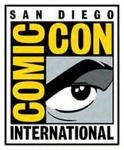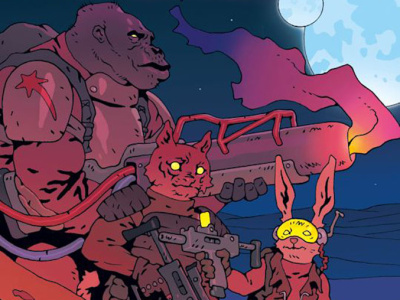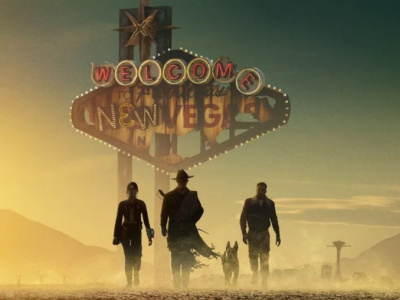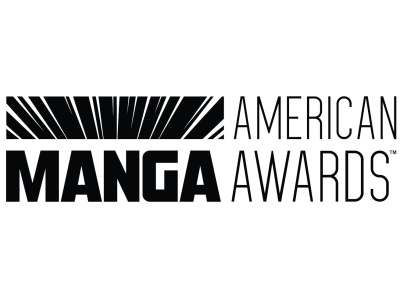
Wizard’s re-branding of Wizard World Chicago as Chicago Comic-Con is only one part of an over-all strategy that has three shows operated by Wizard now called “Comic-Con” (see “Wizard Returns to SoCal”), but the trademark on the word “Comic-Con” is owned by the non-profit organization that runs San Diego Comic-Con International, San Diego Comic Convention.
The application for trademark on the word “Comic-Con” was made in 2005, claiming first use in August of 1970 (the first year the San Diego Comic-Con was held), and was granted in early 2007. The mark is granted for “Education and entertainment services, namely, organizing and conducting conventions in the fields of animation, comic books and popular art.”
The
When considering a name change, Wizard apparently didn’t like Chicago Comicon (no hyphen), and wanted the hyphenated version instead, because Entertainment Conventions applied for a trademark on “Chicago Comic-Con” (hyphenated) in July of 2008. On June 11th of this year, the U.S. Patent and Trademark Office mailed the applicant a “final refusal” on the application, which was denied.
We asked San Diego Comic-Con Director of Marketing and Public Relations David Glanzer about the Comic-Con trademark at the show a few weeks ago, and although he declined to comment on the trademark specifically (see “Another Great San Diego Comic-Con”), he did note that the
The recent history of the use of “Comic-Con” is mixed. Baltimore Comic-Con uses the hyphenated version and has for a number of years. Glanzer did note that there were some users of the term that were not viewed as competitive. “There are other Comic-Cons out there we have never had an issue or a problem with,” he said. “We just don’t think it’s fair if there’s intended or unintended confusion.”
On the other hand, when Reed Exhibitions launched New York Comic Con, initial marketing materials used the hyphenated version, but the company later changed the name to New York Comic Con (no hyphen), and included a slug noting that there was no relation to San Diego Comic-Con in some of its marketing materials for a time.
In this situation, Wizard has indicated a willingness to press the issue by its re-branding to the hyphenated spelling. What remains to be seen is how the organizers of San Diego Comic-Con International will react.







